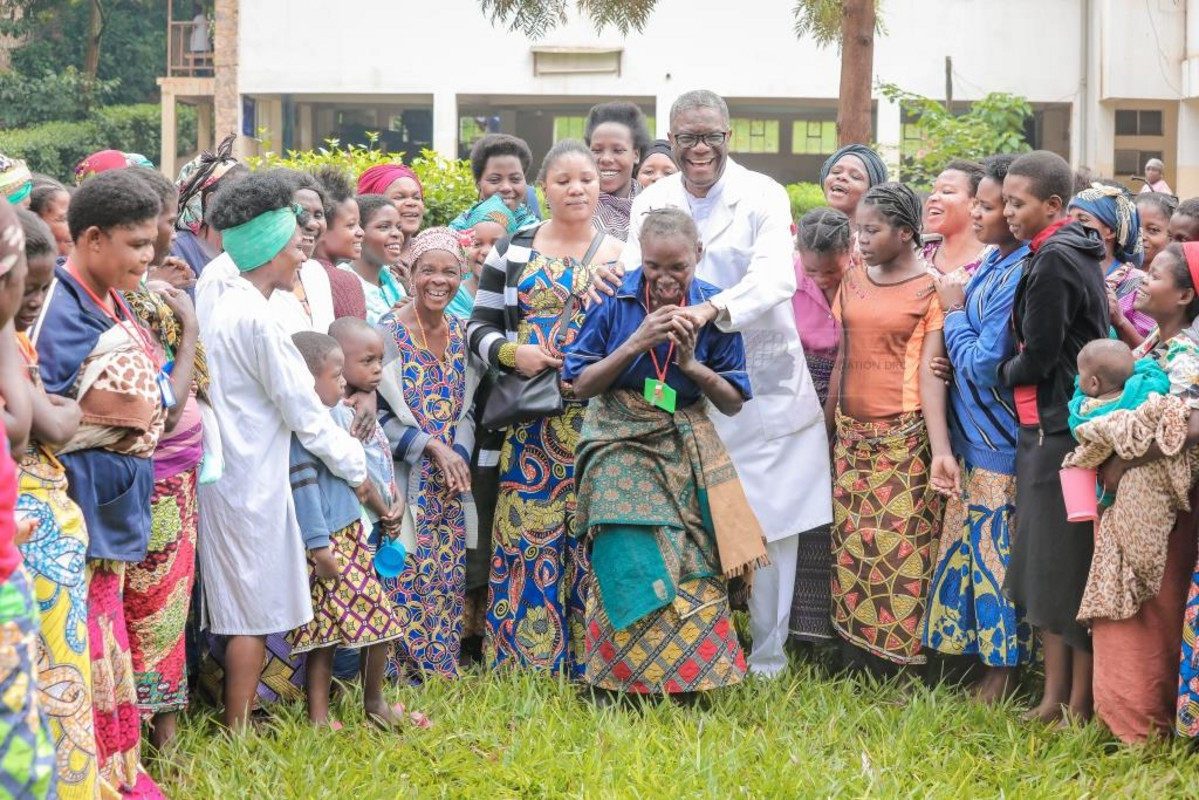
In 2019, Global Affairs Canada (GAC) launched a call for proposals pertaining to the health and rights of women, adolescents and children, in order to improve the realization of human rights—particularly for those at risk of different kinds of sexual violence rooted in the dynamics of secular systems. A project proposal was submitted by the International Health Unit (USI) and the Hygeia platform of the École de santé publique de l’Université de Montréal (ESPUM), and finally selected by the GAC in January 2021. Project activities will begin in April 2022. With C$20 million in funding, the Tumaini (“Hope,” in Swahili) project will be deployed by the USI and Hygeia to support the Panzi Foundation in the Democratic Republic of the Congo (RDC) and enhance services available to survivors of sexual and gender-based violence.
For some 20 years, the USI has helped bolster the healthcare system—as well as equitable access to first-rate services—in the DRC, through multiple projects requiring solid expertise. For its part, the Hygeia platform has maintained relations with Panzi Foundation that have resulted in a partnership agreement between the Université de Montréal (UdeM) and the Foundation in 2019. Headed by Dr. Denis Mukwege (2018 Nobel Peace Prize Laureate), the Panzi Foundation promotes women’s rights and the eradication of sexual and gender-based violence through holistic support for survivors of sexual violence, to contribute to their physical and psychological healing as well as to their social reintegration. Panzi is based in Bukavu, DRC.
The Tumaini project is the fruit of these collaborations, and will be jointly administered by the USI, the Hygeia platform, and the Panzi Foundation. It will also involve different UdeM faculties (ESPUM, Nursing, Medicine, Law, Development, Arts and Sciences). This six-year project will serve Sud Kivu in the RDC, and Bujumbura in Burundi. The project seeks to reinforce the Foundation’s capacities and focuses on three areas: improved healthcare delivery and administration; better sociocultural, financial and geographic access to healthcare services; and the promotion of healthcare policies, legal structures and services, based on research findings. Tumaini, in other words, will support the Panzi Foundation in its efforts to eradicate sexual and gender-based violence, improve healthcare and sexual and reproductive rights, and implement human rights.
To achieve these goals, the project will deploy tools for conducting operational research, performing evaluations, transferring knowledge and advocacy. In addition to the expertise of the different faculties concerned, Lawyers Without Borders Canada and Canada Global Strategies will be associated with the project. In terms of equity, the initiative is designed to reach the most marginalized people in vulnerable situations. To ensure its long-term viability, the initiative provides for the buttressing of local resources, accompanied by the inclusion of environmental, gender-equity and human rights issues to be targeted by specific and transversal responses. Local, provincial, national and international benefits are anticipated. This effort will also contribute to meeting Sustainable Development Objectives (i.e., 1, 3, 5, 6, 10, 15, 16, 17).
The Tumaini project will augment the existing partnership between Panzi Foundation and UdeM by employing the USI’s international project management experience and healthcare development to best advantage. It will also increase contributions from the Hygeia platform, whose mission extends to French-speaking Africa. Finally, Tumaini provides a panoramic view of UdeM’s international role by involving experts from different faculties. Research and funding activities are also anticipated.
Source:
Charles Giraud
Communications Manager
International Health Unit, Université de Montréal